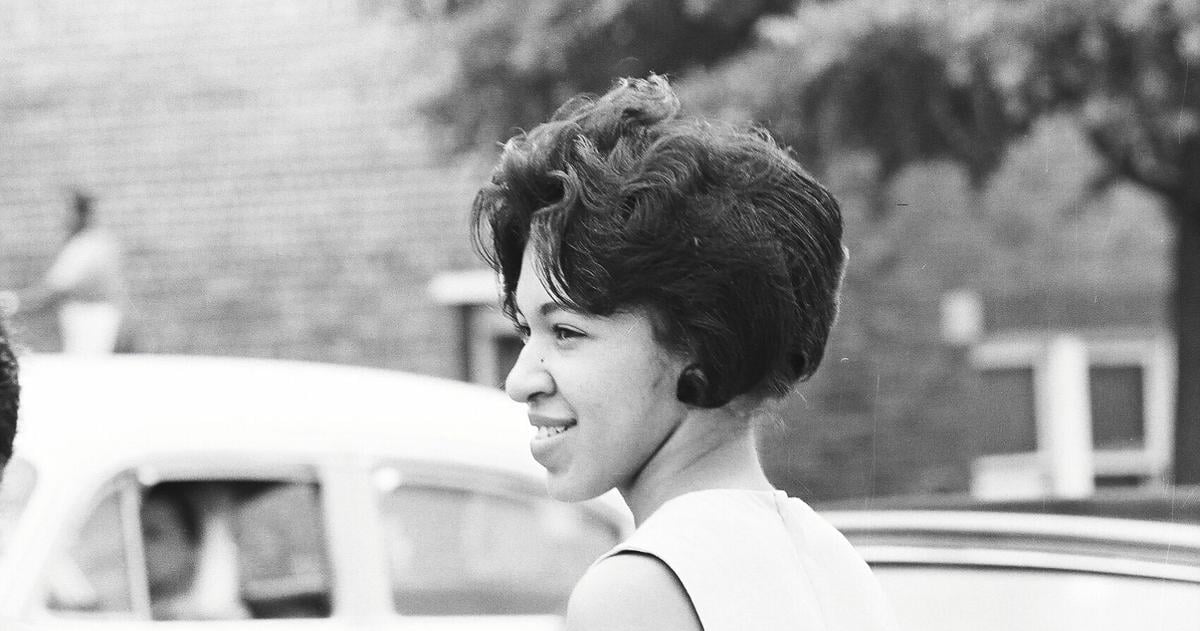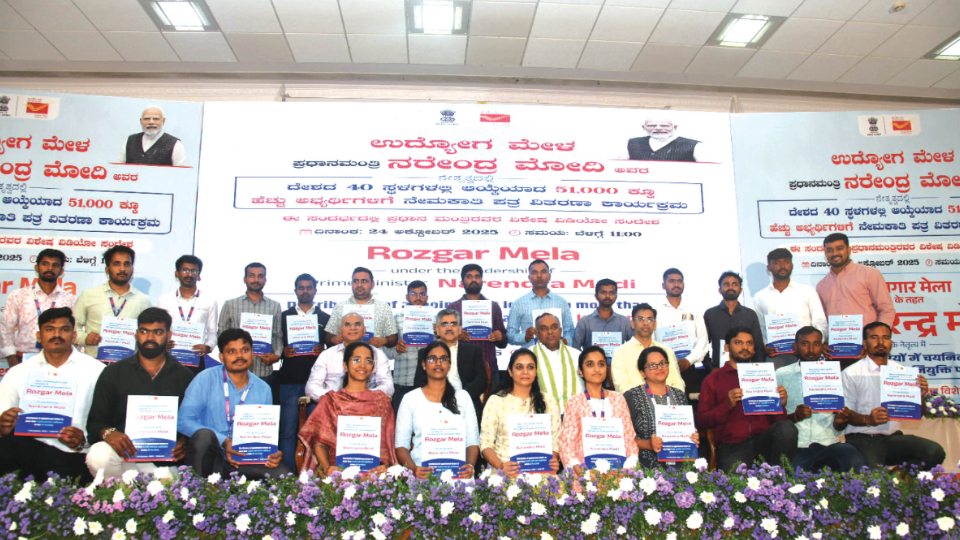Copyright Charleston Post and Courier

COLUMBIA — Henrie Monteith Treadwell, USC’s first Black female graduate, returned to Columbia Oct. 24 to discuss her new memoir, “Come Along with Me: An African American Woman’s Journey for Justice.” The conversation was moderated by Beryl Dakers, one of South Carolina’s first on-air African American broadcast journalists, and held at St. Martin de Porres Catholic Church, where Treadwell’s educational journey — and her mission for justice — began. “This setting taught me that I was no different from anyone else,” Treadwell said. “I was a full citizen of South Carolina.” Born in Columbia in 1946, Treadwell was raised on the frontlines of the Civil Rights Movement. Her aunt, Modjeska Monteith Simkins, played a key role in Briggs v. Elliott, a segregation-era lawsuit that become one of several cases consolidated into Brown v. Board of Education. So when a 16-year-old Treadwell filed a federal lawsuit to desegregate the University of South Carolina in 1962, she didn’t think she was doing anything groundbreaking. “I never thought that there was any problem with my age and working for justice,” she said. “I think that it never occurred to me that what I was doing was something unusual. It was, but it never occurred to me.” In 1963, Treadwell enrolled at the university alongside James Solomon and Robert Anderson, becoming the flagship university’s first Black students since the Reconstruction era. Treadwell graduated from USC in 1965 with a degree in biochemistry, but her passion for social justice turned her toward public health after graduation. Since then, she has been recognized globally for her work in public health, which has reached communities from Alabama to Zimbabwe. “What I wanted to do was to address diseases that affect the populations who were marginalized, who did not have funding, who were out in rural areas, who just somehow could not get care,” she said. With “Come Along with Me,” Treadwell hopes to invite readers to join her in her quest for health equity and social justice. “I want us to go to a place where everyone is valued, where everyone has their worth recognized by their community,” she said, “where no one is marginalized and we all have our basic needs met.” “Come Along with Me: An African American Woman’s Journey for Justice” is now available for purchase through the University of South Carolina Press.



